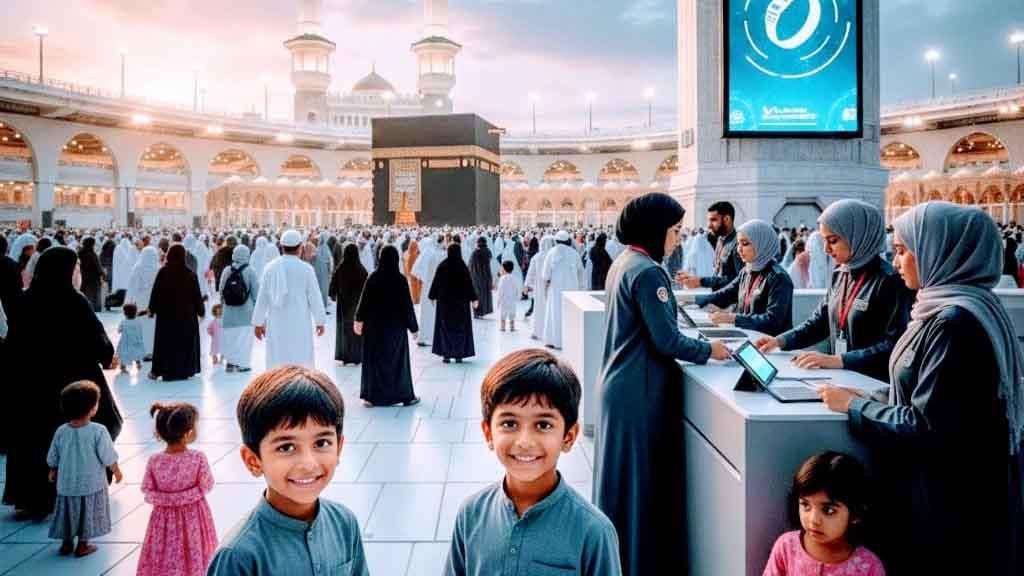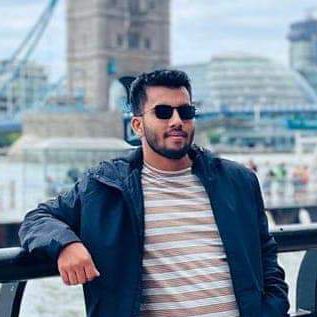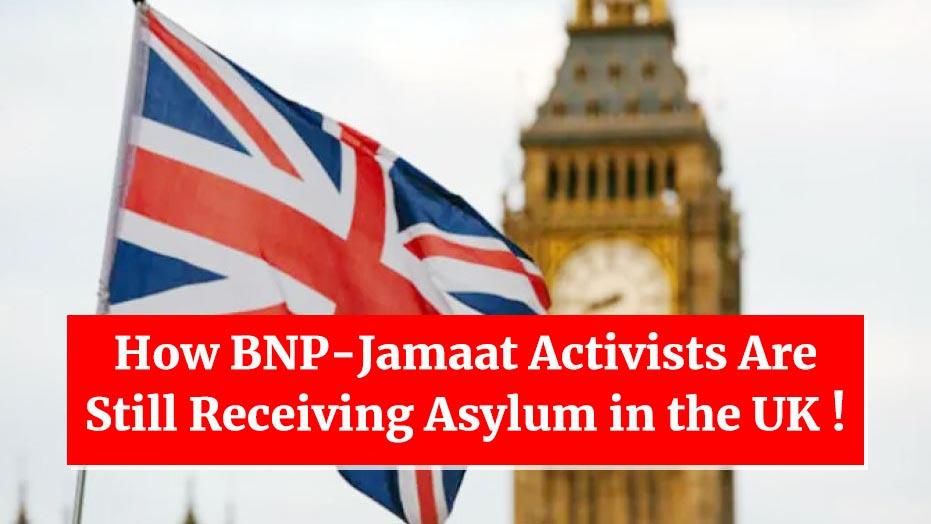During the past Awami League government's rule, which many have described as authoritarian, a significant number of BNP and Jamaat-e-Islami activists applied for political asylum in the United Kingdom. These individuals arrived in the UK through various means and subsequently sought refuge by claiming political asylum. However, following the reported mass uprising of students and the public on August 5th of last year, which led to the Awami League's downfall, many believed that those who had applied for asylum under the banner of BNP-Jamaat might have their applications rejected or be required to return to Bangladesh. Contrary to these expectations, the UK government is still seriously considering the applications of BNP-Jamaat activists, and a notable number have been granted asylum.
Investigations into the reasons behind the continued approval of these applications, even after the change in the national political scenario, have revealed that the UK government views the return of these asylum seekers as risky. This is primarily due to the fact that a fully elected government has not yet assumed power in Bangladesh, and the asylum seekers' legal cases have not been withdrawn in their home country. Consequently, the UK government is granting asylum to many based on a careful assessment of these risks. If an applicant can effectively communicate the complexities of their situation to the Home Office, they stand a good chance of being granted political asylum in the UK.
UK-based immigration lawyers explain that a neutral caretaker government is typically formed to conduct free and fair elections, usually with a maximum term of three months. However, the current government in Bangladesh is also described as an interim one, and there is no clear indication of how long it will remain in power. This uncertainty fuels fears about the safety and security of asylum seekers if they were to return, leading to successful asylum claims for many. As the BNP-Jamaat are not currently in power in Bangladesh, the Home Office is not outright rejecting their applications.
Solicitor Mahbub Toha commented on this situation, stating, "The administration and police force under Sheikh Hasina's regime are still in place in Bangladesh. Therefore, an asylum seeker returning to the country could potentially face harm from this existing administration. If these concerns can be clearly explained to the UK Home Office, there is a significant possibility of winning the asylum case."
South Asian Asylum Statistics in the UK (2024):
In 2024, the UK received a total of 84,200 asylum applications, relating to 108,100 individuals. Pakistan was the top country of origin for asylum seekers. Here's a breakdown for the South Asian countries mentioned:
Pakistan: 10,542 claims, with 51% being granted.
Bangladesh: 7,225 claims, with an 18% overall protection rate.
India: 5,312 claims, with a 2% overall protection rate.
Sri Lanka: The UK is planning to limit work and study visas for Sri Lankan nationals due to high rates of visa overstaying or asylum claims.








.svg)
